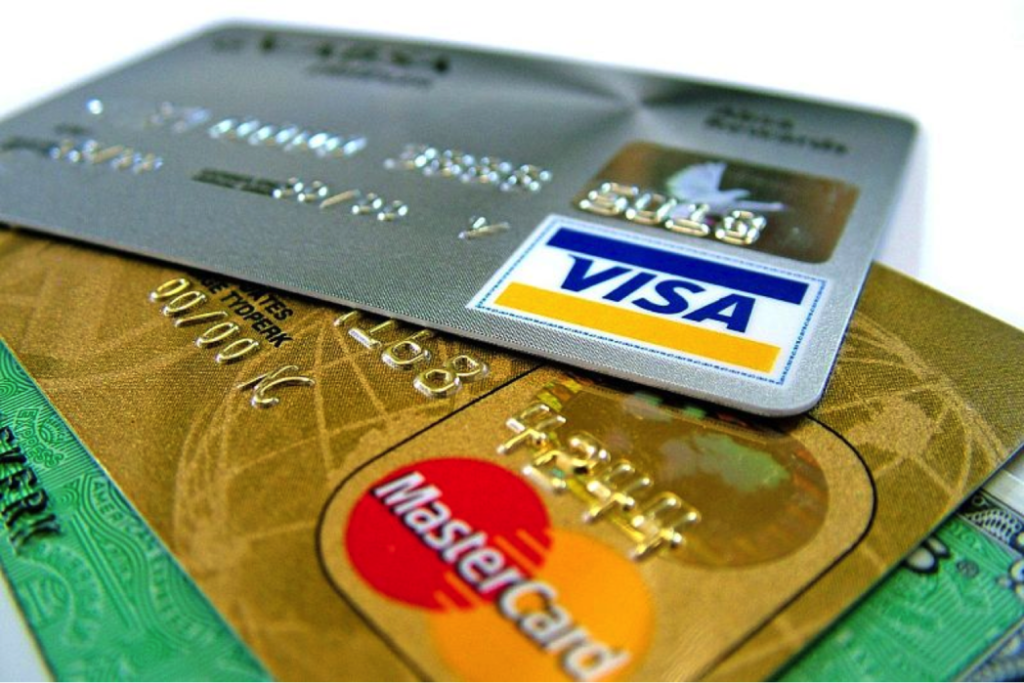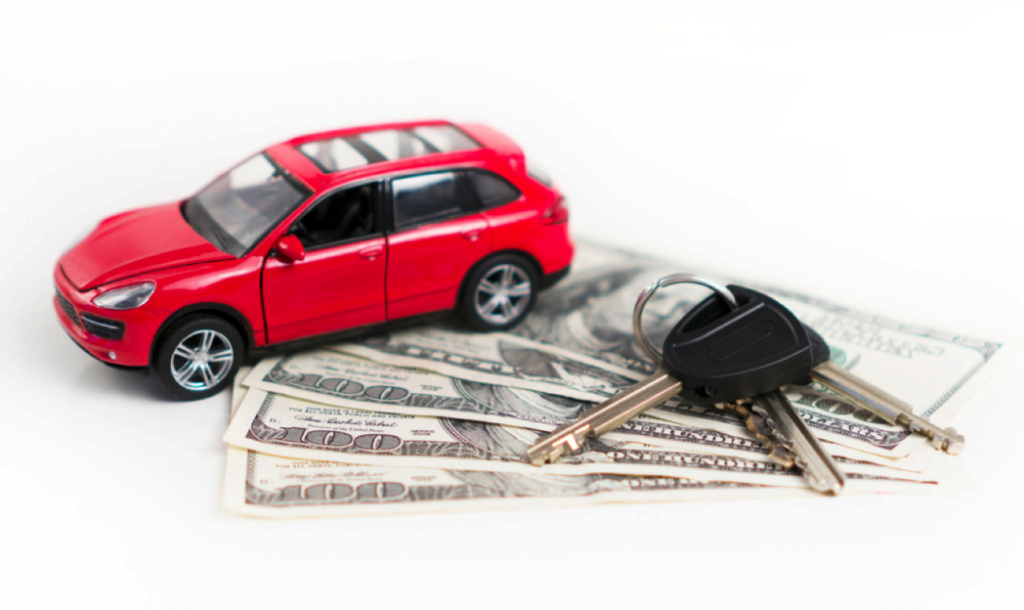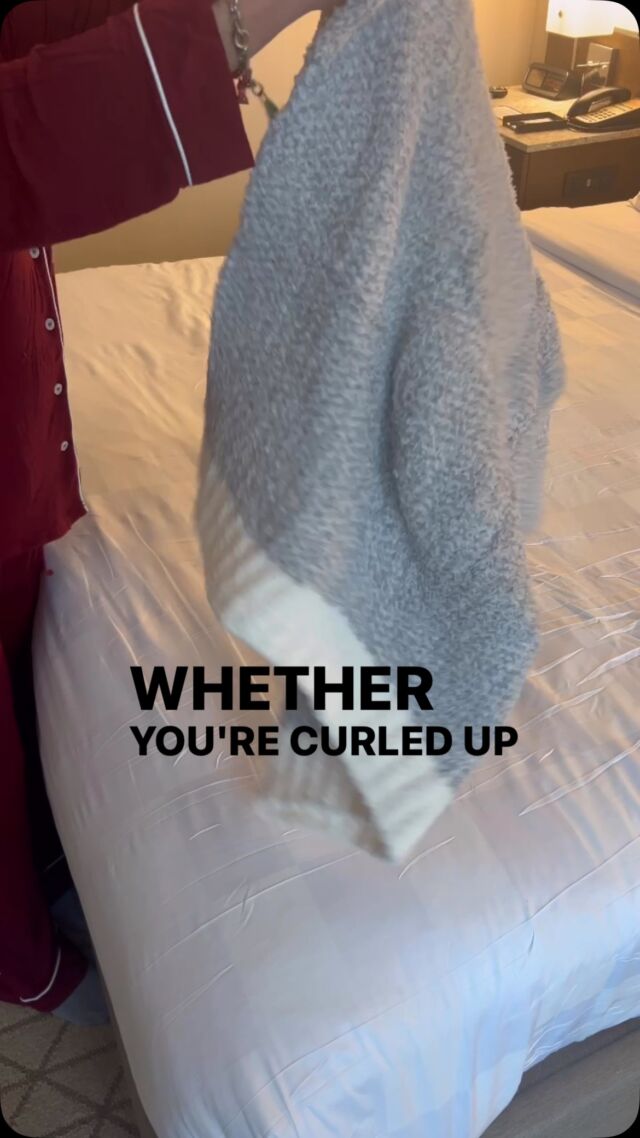 Credit: Wikimedia
Credit: Wikimedia
In this post-recession world of ours, the word “credit card” has become kind of a taboo. While it’s true that using a credit card irresponsibly can land you in a world of hurt, these little pieces of plastic can be very useful if you make a point of using them properly. Most households in America carry thousands of dollars in credit card debt, and these are just the tip of the iceberg in all the personal hardships that they’ve caused. Avoiding these financial tools altogether can be a smart strategy if you know you’re only going to abuse them, but a more shrewd approach can in fact turn them into valuable assets. The following is a handy guide for making your credit cards work for you, and generally having greater control of your personal finances…
Pay your Bill, the Whole Bill, Every Single Month
If you don’t want to wind up with the same problems as countless other people, you need to avoid credit card debt like the plague. This means using your card only for what you can afford, and paying off your entire bill every month. You can even pay it off a few times throughout the month if you feel that this will make it easier for you to keep debt from getting on top of you. Doing this can be a challenge. After all, no one likes paying off bills of any description. However, this is one rule about using credit cards and making them work for you that you simply can’t afford to neglect. It’s also the only sure-fire way of dodging interest on your purchases. That big 20% off sale won’t mean much when you have to account for an extra 18% finance charge.
Never Pay It Late
Aside from wiping your bill every month, it’s also very important to pay your bill on time. Most issuers will slap you with a pretty ugly late fee – sometimes getting up to $40, when you don’t make payments on time. Since over a third of your credit rating is based on your payment history, just one missed payment can put a significant dent in your score. On the other hand, paying all of your bills on time is a very effective way to make sure your interest rates stay low and your credit score stays high in the long run. If you’re afraid that you’ll still wind up missing your due date, try setting alarms on your phone or computer a few days before it, or mark the dates on a calendar that you see fairly often. Another good way of getting around this is setting up a standing order on your online banking, assuring that your bill is always paid on a certain day of the month.
Check Out your Account
 Credit: Pexels
Credit: Pexels
One of the main things that makes credit easier to use and keep tabs on is that it automatically forms a paper trail. When you’re using a credit card for the majority of your purchases, you don’t have to keep hold of receipts for things such as gas and grocery purchases. Instead, you can simply log into your account to see what you’ve been spending your money on, how much you’ve spent, and what’s left over. Checking on this often – roughly once a week, can go a long way in helping you keep on top of your spending habits, and making sure that they never suddenly get out of hand. If you ever catch yourself pushing the limits of what you can afford to pay back in a month, leave your card in a drawer somewhere and avoid using it until you can pay the balance down. By checking out your account on a regular basis, you can also make it easier to spot any kind of financial leaks in your spending habits. Like many people in the western world, you might get a nasty shock when you realize how much you were spending on Starbucks alone! Most credit card companies these days offer you a range of useful tools for keeping track of your spending, picking up on patterns, and using this information to your advantage.
Leverage All the Rewards You Can
The people who have the most to gain by far from credit cards are those who can master the art of leveraging rewards. A lot of modern rewards credit cards offer a wide range of benefits, like earning chase points for travel, hotel loyalty points, cash-back and so on. The large majority of these cards allow you to earn these fantastic rewards simply by using it for regular, everyday expenses like groceries and your utility bills. Obviously, credit card rewards can turn out to be far less lucrative if you’re paying a lot of interest on your purchases thanks a big balance you’re carrying around. To get around this issue, try and avoid chasing credit card rewards unless you know for certain that you can manage to pay your balance off in full. If you can’t be certain of this, these kinds of rewards may wind up not being worth it. Even if you’re not all that interested in these kinds of rewards, you can still choose a card with various benefits. For example, some popular cards offer free travel insurance, rental car coverage, extended warranties, price protection, and other things. Just make sure you’re sticking to the first tip we listed, and you’ll be able to enjoy more or less all of these rewards for free.
Use your Card as a Compliment to your Budget
If you have enough self-discipline, you can use your credit card as a beneficial compliment to your budget. This strategy simply involves writing out a personal budget, and then using your credit card for regular purchases until you hit all of your pre-determined spending caps. For many people, this is a great way to earn rewards for buying things that you’d buy anyway, all the while gaining various protections that you can only leverage through credit. Again, to make sure you’re staying on track, log in to your account on a regular basis, possibly a little more regularly than you have been before. By seeing your spending in black and white on that screen, you’ll make sure that the amount you’re spending is really sinking in.
Adjust your Limits
If you know that you have a hard time sticking to limits you set yourself, you can always ask your card company to lower your credit limit to a figure that you know you can manage on a month to month basis. By and large, these companies will be happy to oblige, as it’s in their best interests for you to be able to pay the money back, and they can generally change your limit with immediate effect. Not everyone wants a high spending limit on their cards, and that’s fine! If you want to maintain some control of your spending, another tactic you can try is simply using your card until you’ve spent a limit you’ve set yourself, let’s just say $600, and then putting the card away somewhere until next month, or whenever you’re able to wipe your bill in full. This will help you stay on top of your bill and within your budget, all the while allowing you to keep a higher credit limit, which can obviously be handy in the case of an emergency.
Save your Card for the Big Stuff
 Credit: Flickr
Credit: Flickr
A lot of people who find themselves up to their noses in credit card debt feel that it creeps up on them. Well, there’s usually a good reason for this! In many cases, it’s all those smaller $10-$20 purchases that can take on a life of their own if you go too long leaving them unchecked. If you want to avoid all those little expenses piling into a much bigger issue, then try to start limiting your credit card to the larger purchases instead. The best possible approach to this is actually saving up for a big purchase first, and then, after you make that big purchase with your rewards credit card, you’ll immediately have the funds on hand to pay it off. An alternative option is using your card for these large, important purchases, and then paying off the figure over the course of the coming months, sticking to a strict timeline. This, of course, should be undertaken in the knowledge that you’ll have to take on at least a little bit of interest for the luxury of stretching out your payment term. If you’re choosing to do this, always start off with a plan, and then stick to it very carefully. For example, if you’re planning to buy a new washing machine for $1,200, and then pay it off over the course of say, three months, make 110% sure that you’ll be able to come up with $400 a month (plus interest) for three months in a row. You don’t want a credit card balance hanging over you months after you thought it would be all gone!






 Sneak Peek at Sugar Factory’s Valentine’s
Sneak Peek at Sugar Factory’s Valentine’s
Leave a Reply